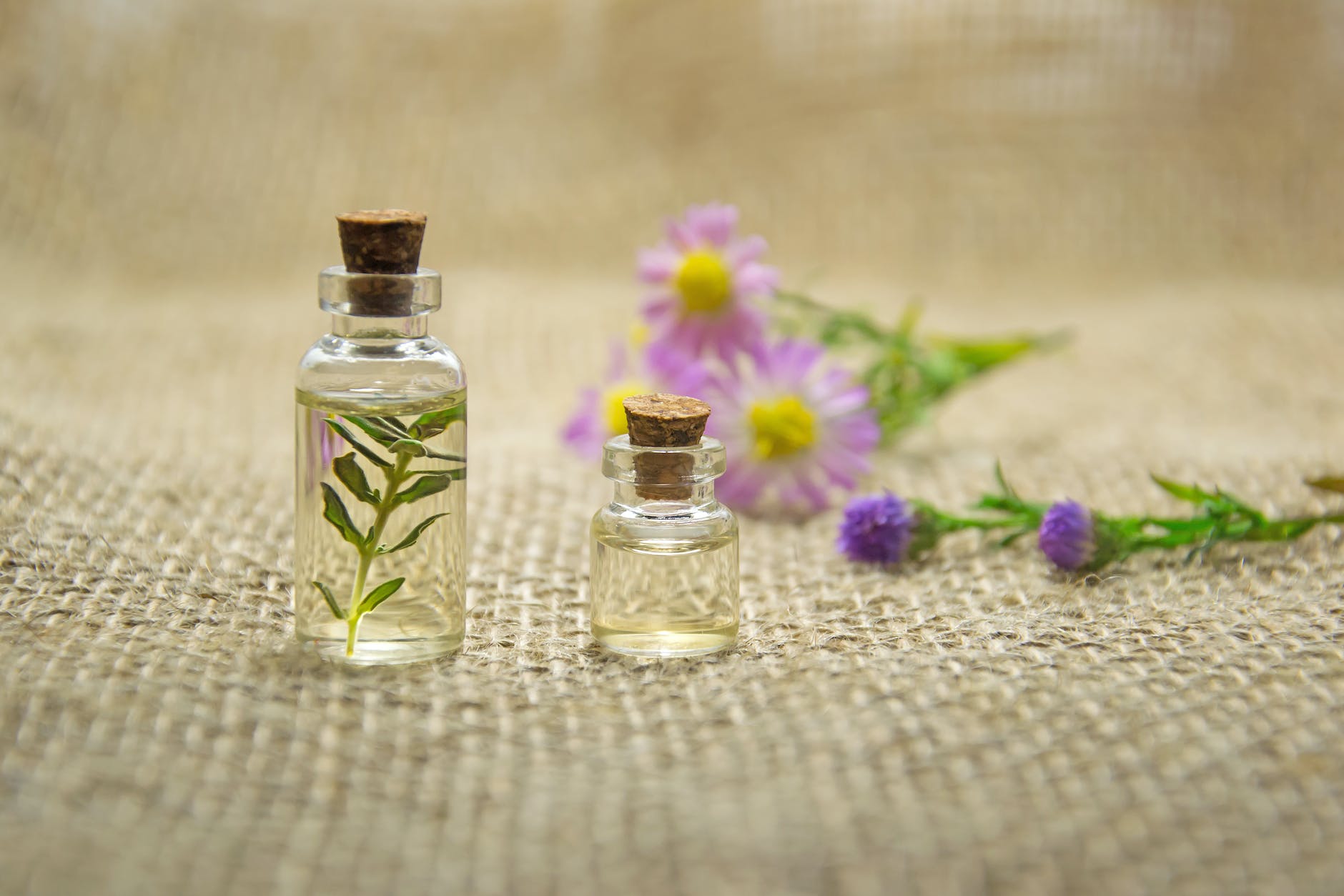
Applying oils to the navel, commonly known as navel oiling or belly button oiling, stems from ancient healing practices in Ayurvedic medicine and Traditional Chinese Medicine. The technique involves putting oils, like coconut, vitamin E or almond oil, in the belly button to purportedly aid health and wellness. However, the vast majority of claimed benefits lack scientific backing. Let’s separate navel oiling myths from facts.
Myth: Navel Oil Improves Fertility
Many cultures and ancient medicinal teachings claim that rubbing oil on the belly button can increase fertility in both men and women. However, there is no research proving this practice enhances reproductive ability. Fertility and conception are highly complex processes involving hormones, organ systems and genetic factors. Topically applying oil to the exterior navel cannot impact internal reproductive mechanisms. While mostly harmless, relying solely on navel oil to correct infertility is unwise. Consult a doctor to address the true causes.
Myth: Navel Oiling Detoxifies the Body
According to some natural healers, putting oil in the navel helps “detoxify” the body of toxins, chemicals and impurities. However, the body already has internal detoxification systems in place, including the liver, kidneys, gastrointestinal system and skin. There are no studies showing massaging external belly button oil stimulates these organs or draws out blood impurities. Claims of full body detoxification through this technique remain scientifically unfounded.
Myth: Navel Oil Promotes Weight Loss
Many wellness bloggers assert that rubbing certain oils into your belly button helps burn abdominal fat and shed excess pounds. This claim appears questionable since applying an oil to the surface of the skin cannot break down subcutaneous fat or impact weight regulation mechanisms. Your weight is predominantly determined by diet, physical activity levels, genetics, and hormonal and health factors. Magic belly button oil cannot replace proper nutrition and exercise.
Myth: Navel Oiling Regulates Menstrual Cycles
Various natural health proponents state that using certain essential oils on the navel can help regulate irregular periods and menstrual symptoms in women. However, there are no studies substantiating that topically massaging oil on the stomach area affects the uterine lining, hormone levels, or overall menstrual cycle which occurs internally. Women with irregular cycles should see a doctor to check for underlying causes instead of relying on unproven oils.
Myth: Navel Oiling Cures Insomnia
Some claim that applying oils like lavender to the belly button before bed will induce restful sleep and cure insomnia. Sleep is biochemically complex, involving neurotransmitters, circadian rhythms, breathing patterns and more. There is no scientific proof that oils absorbed through the stomach skin impact sleep-wake cycles or brain function. Those with chronic insomnia need medical assessment, not unsubstantiated oils.
Myth: Navel Oil Strengthens Immunity
Certain natural healers state that putting antiviral and antimicrobial oils like tea tree, eucalyptus or oregano oil into the navel boosts immunity function and helps you avoid getting sick. However, the immune system operates internally through white blood cells, antibodies, chemical messengers and genes. Externally rubbing oils on your stomach does not affect the immune response or prevent viruses and bacteria from entering cells. Immunity stems from genetics, nutrition, stress levels and lifestyle habits.
Myth Vs. Facts
The only real proven fact around navel oiling is that application of pure oils is generally harmless, though no more effective than commercial moisturizers. Some experience placebo benefits like perceived wellness from the practice. When healthy and wise, it may provide temporary relaxation. But ultimately, bold health claims around navel oiling remain scientifically unsubstantiated. Rely on your physician, not oils, to treat medical conditions.